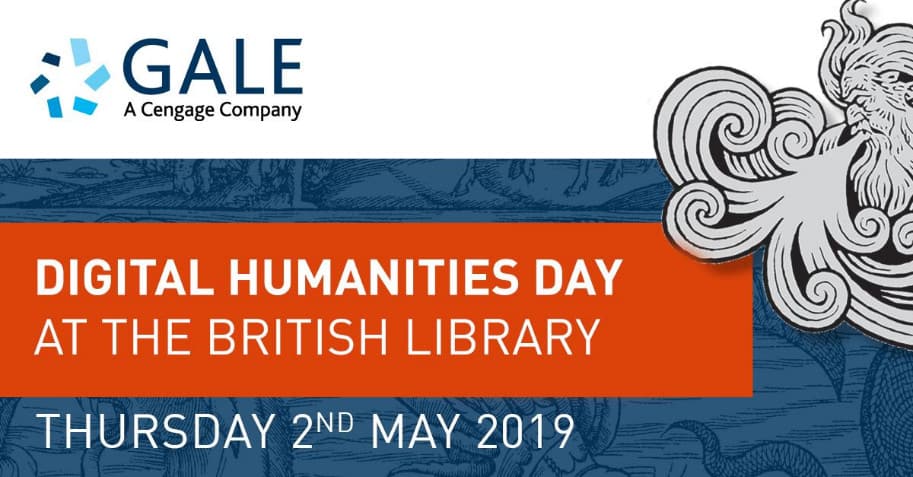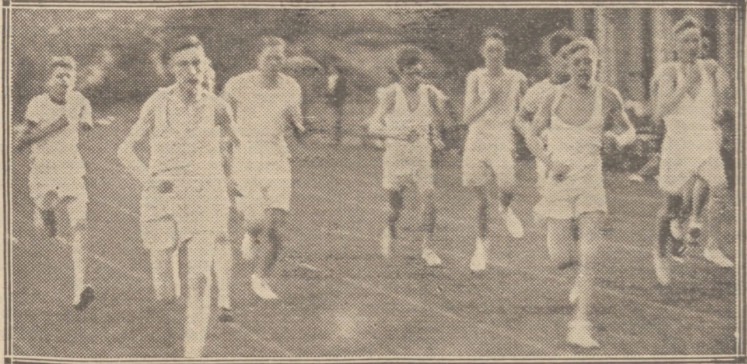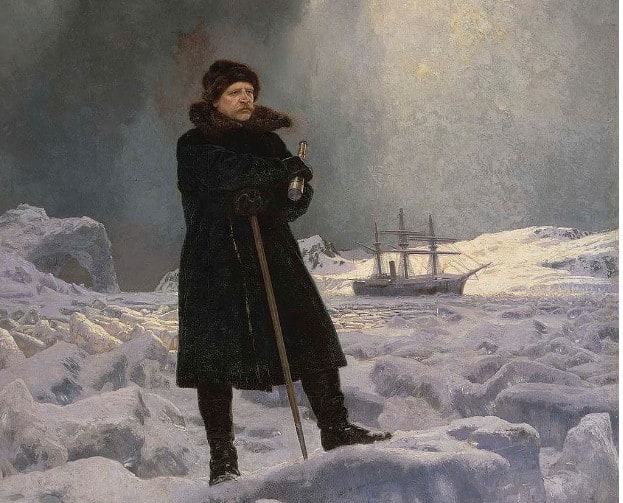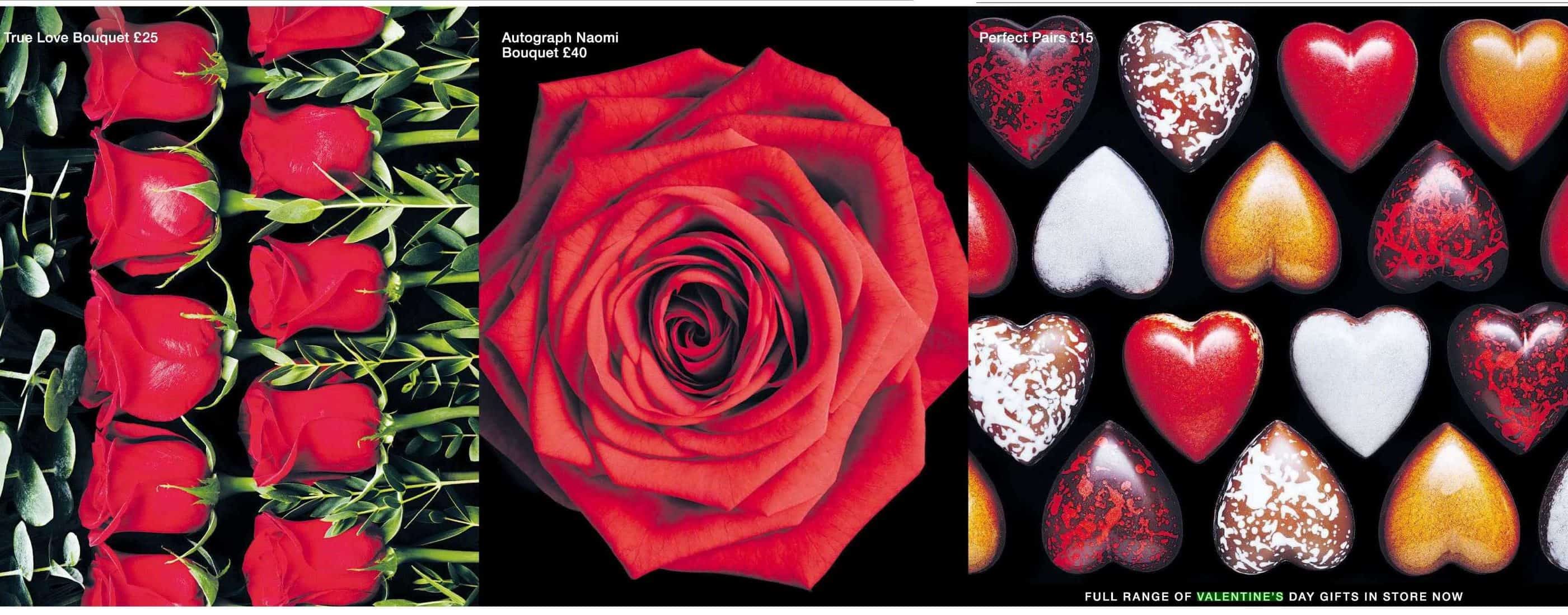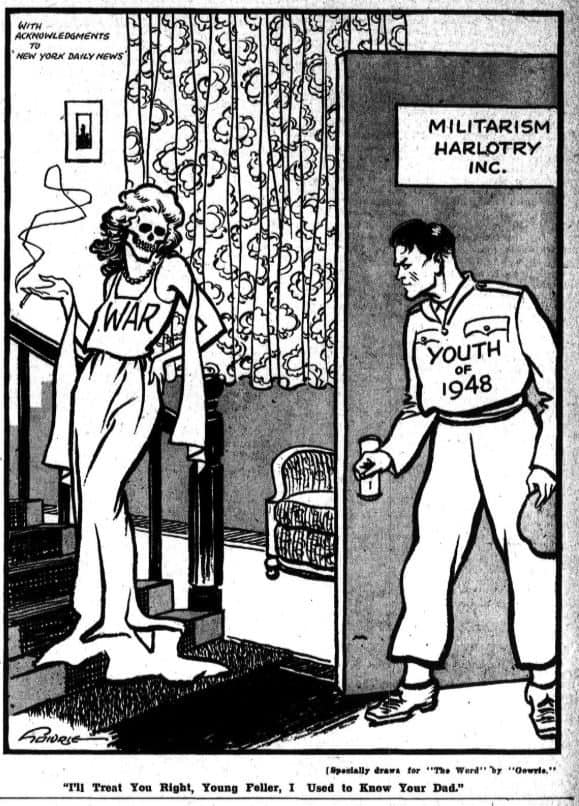| By Chris Houghton, Head of Digital Scholarship, International Gale Primary Sources |
Thursday 2nd May was a landmark day for Gale which served to illustrate how our relationship with the international academic community has changed over the last decade. After months of hard work, we were delighted to present the inaugural Gale Digital Humanities Day, held at the wonderful British Library. The day featured a packed schedule of talks delivered by academics and librarians from Japan, the US, Australia, the Netherlands and the UK. The audience of around a hundred academics, librarians and students – many of whom had also travelled from outside the UK – enjoyed talks discussing the latest research and teaching innovations in Digital Humanities.

